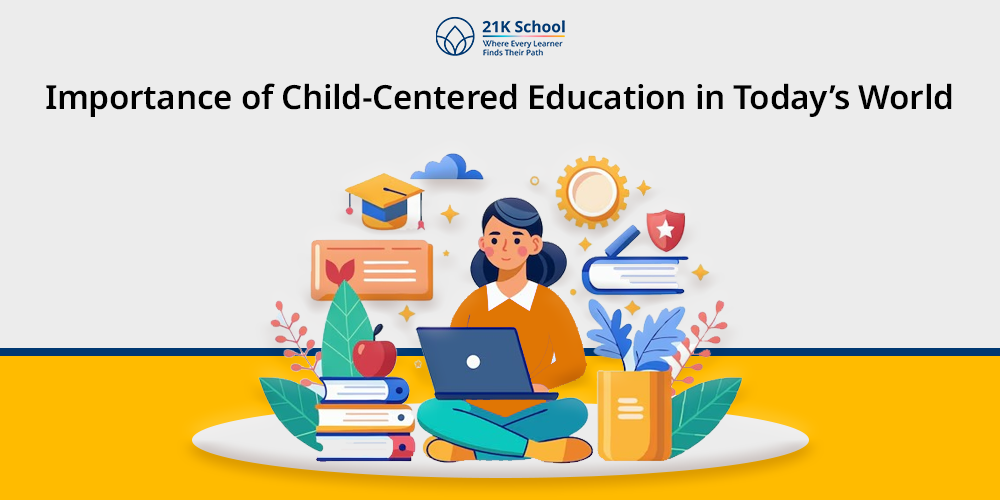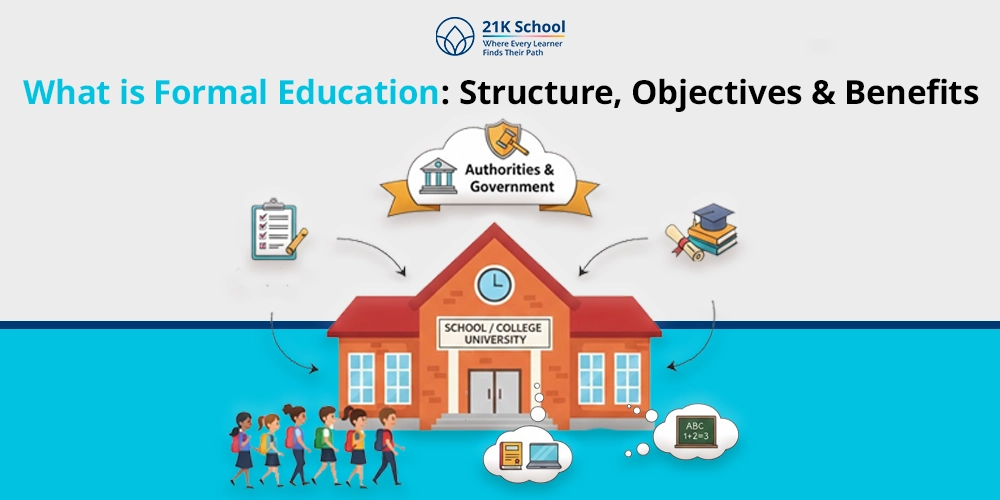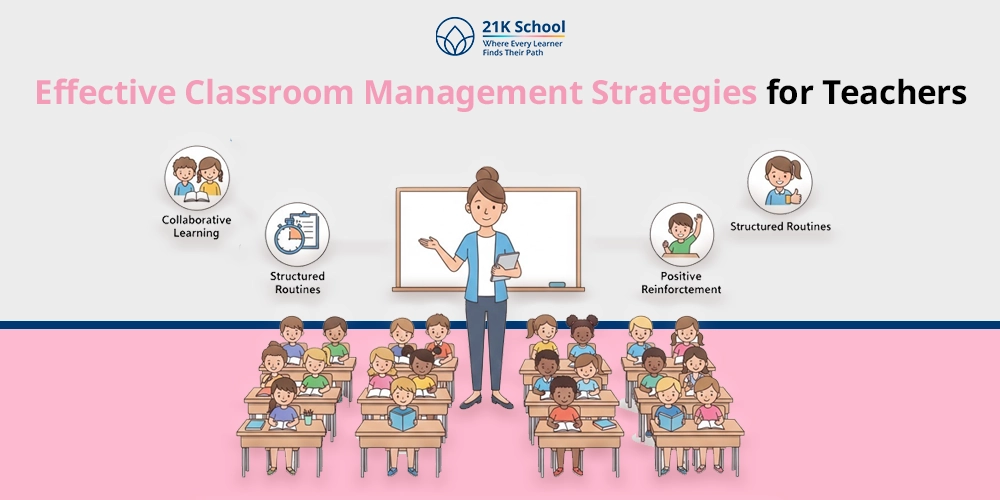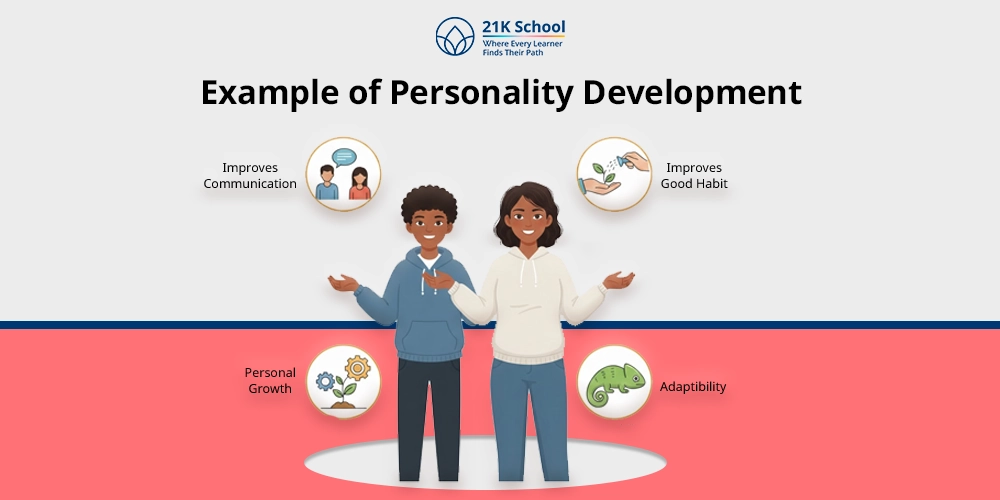
In the 21st century, child-led learning has shifted towards student-centered choices and needs. Where along with taking part in decision forming, learners also decide how they want to learn.
An approach of child-centered education got its roots from 1762 by Jean-Jacques Rousseau, but its achievement against traditional techniques is still in question.
You could see some real changes that have led to positive changes in children’ s education due to rightfully following such systems from the last few years.
For starters we can have a short introduction on child-centered education, and then find the benefits it has brought and aims to bring.
Contents
- What is Child-Centered Education?
- 13 Importance of Child-Centered Education
- 1. Children Become More Inquisitive and Independent
- 2. Promotes Active Learning
- 3. Develops Critical Thinking Skills
- 4. Enhances Engagement
- 5. Better Memorization
- 6. Encourages Curiosity and Creativity
- 7. Holistic development
- 8. Learning at Their Own Pace
- 9. Builds Problem-Solving
- 10. Enhances Social and Emotional Development
- 11. Builds Self-Esteem
- 12. Mastery in Comprehension
- 13. Encourages Collaboration and Teamwork
- To Conclude
What is Child-Centered Education?
Child-centered education revolves around leaving traditional equipment of learning as passive, and indulge in what students decide and plan on learning .
The new educational times have understood the need of involving learners more than they were previously, in the learning methods .
You would have seen that the concept of inviting children in the training practices was mostly due to John Dewey who said that learning should come naturally to kids in a two way relationship between teachers and students .
After the enactment of NEP 2020 (National Education Policy ), child-centered education was realigned with the schools with better awareness and practical imposing of rules.
Today, several schools are led with the student-centered learning approach. They have brought huge differences in the academic as well as in general performance of small children fostering a possibility of lifelong learning .
You will see now the next section elaborating those changes in students and the importance of child-centered education in practical life.
13 Importance of Child-Centered Education
To source all the information you need on the importance of student-centred learning discipline, you must remember the popularity it is getting in present times.
It has set its foot in the educational reforms and now diversely meeting the needs and wants of unique learning needs of learners.
1. Children Become More Inquisitive and Independent
The learning changes have noticed that with student-centric learning, students get to involve themselves more into the development of plans of learning practices and lessons.
This is why they feel interested in what’s the best thing to learn today and which methods to apply, giving them the desired freedom.
2. Promotes Active Learning
Traditional schooling had more focus on stuffing information into a child’s brain, but novel methods are focusing on active learning and active participation of children.
When small learners are given the task to select the process of learning, they truly start to have fun in learning .
This is how active education suffices the best results for kids and their life goals.
3. Develops Critical Thinking Skills
A kid who has been given to decide what are his choices of learning, will automatically start to analyse what is working great for him and what’s not.
This gives a sense of growth in critical thinking of young learners.
They also get to decide what changes should be on the way to reach their maximum growth, if a plan doesn’t work.
4. Enhances Engagement
Beginning from the teaching structure, lessons plans, to evaluation , everything has to be conducted with involvement of kids.
Therefore, the activities involved are interesting to the learners.
It incorporates fun learning activities increasing their involvement levels.
5. Better Memorization
Memorization is easier and natural to students learning.
With child-centered learning students often take part in experiential learning , due to which lessons are deeply engraved in their minds.
Active participation also plays a significant role to facilitate retention of memories.
Look at these memory games for kids .
6. Encourages Curiosity and Creativity
Child-centered education builds curiosity in your kids learning because of the creatively planned lessons for fulfilling his/her needs of education.
Your children are kept engaged and focused when multiple methods include role plays, science trips, and field workshops are utilized.
7. Holistic development
Holistic development is the primary aim of student-centered education as it emphasizes on your young students’ all-rounder growth.
Be it scholastic fields or the importance of physical education , this approach of education covers them all.
This is for leading to a happier and more fulfilled lifestyle of students in future.
8. Learning at Their Own Pace
Learners in child-centered educating settings get to study at their own pace, having no pressure from parents or educators.
The differences of varied children and their individual wants on evaluations is also respected to provide them such facilities.
The benchmark is to improve, fast or slow is a secondary factor for measuring achievements.
9. Builds Problem-Solving
Another great benefit that children admire and achieve from student centred learning is problem solving .
Students are forced to apply various problem solving techniques when they get exposure to real challenges during acquisition of knowledge.
10. Enhances Social and Emotional Development
The habits of regular conversations with groups, while maintaining peace and resolving conflicts develops social and emotional learning in kids.
They are more inclined towards unfolding their social skills , and understand themselves and others emotions much better.
11. Builds Self-Esteem
Due to the free will to pick any study methods , learners become self-reliant and get the ability to solve any problem by themselves.
This is the reason why your kid might look more confident in their own self while presenting themselves in the outer world.
They know very well that they are capable of facing any challenges either in the educating premises or real life situations.
12. Mastery in Comprehension
If your students are admitted to such a school where students are the centre of learning, they will feel competition from themselves to improve and get better each passing day.
This would increase their knowledge breadth and the level of comprehension they want to have about a particular subject.
13. Encourages Collaboration and Teamwork
In such conditions, it becomes a necessity to educate yourself with collaborative learning .
Child-centered education goes hand-in-hand with wonderful collaborations and team-based learning. Educational teamwork assists to support one another and reach the goal as a team.
To Conclude
Whatever your thoughts are on child-centered education, it will only be beneficial for your kids.
If you plan to acknowledge the difference and identity that your child has, get them admitted to one of the best schools like 21k school that align with your child’s wants and needs.Personalized education plays a key role in fulfilling your child’s dreams and making them a successful grasper of 21st century skills for students .



